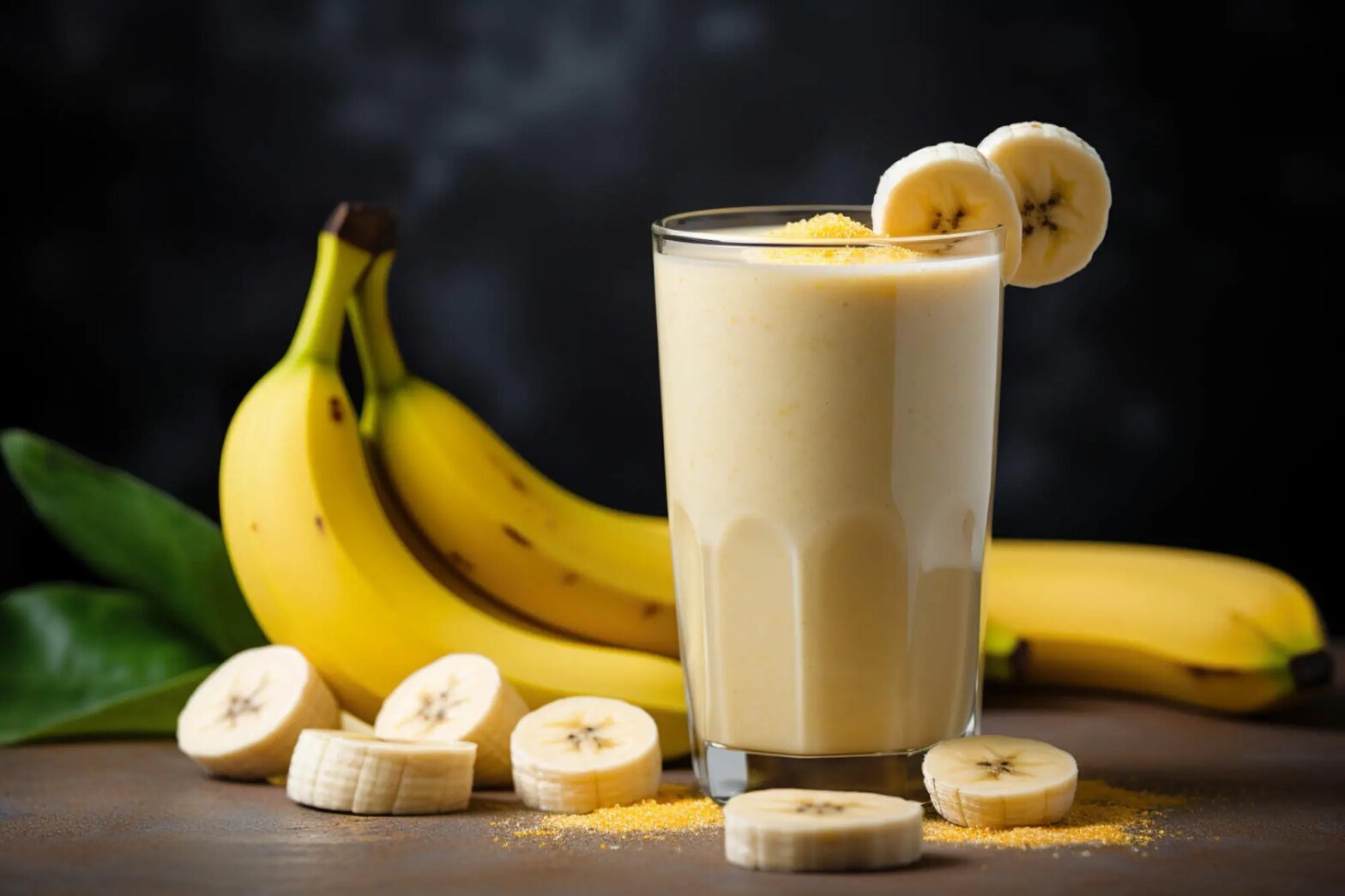Contents
Smoothies have long been hailed as a quick and delightful way to infuse your diet with essential nutrients. But did you know that the seemingly innocent pairing of fruits can significantly influence your body’s nutritional uptake? Recent research out of the University of California, Davis, delves into the world of enzymes and flavanols to shed light on optimizing the health advantages of your favorite fruit blends.
Published in the esteemed Food and Function journal by the Royal Society of Chemistry, the study delves into the effects of polyphenol oxidase (PPO), a naturally occurring enzyme found in various fruits and vegetables, on the absorption of flavanols in the body. Flavanols, known for their cardiovascular and cognitive benefits, are prevalent in common smoothie ingredients such as apples, pears, blueberries, blackberries, grapes, and cocoa.
The Enzyme Factor: PPO’s Role Unveiled
Polyphenol oxidase, or PPO, is the enzyme behind the rapid browning of apples and the darkening of bananas when exposed to air. This natural occurrence intrigued researchers to investigate whether PPO content could influence the availability of flavanols post-consumption. The team, led by Javier Ottaviani, director of the Core Laboratory of Mars Edge and an adjunct researcher at UC Davis, undertook a mission to decipher how PPO levels could shape the absorption of these vital compounds.
Bananas vs. Berries: The Showdown
In a controlled study, participants were treated to two distinct smoothies—one crafted with banana, acknowledged for its high PPO content, and the other composed of mixed berries, boasting low PPO levels. A control group took a flavanol capsule. Blood and urine samples were scrutinized to gauge flavanol levels following the ingestion of both smoothies and the capsule. Astonishingly, those consuming the banana smoothie exhibited a staggering 84% reduction in flavanol levels compared to the control group.
Crafting the Ultimate Nutritional Blend
The findings emphasize the intricate relationship between food preparation and nutrient absorption. For individuals aspiring to harness the benefits of flavanols, the research suggests an astute combination of flavanol-rich fruits like berries with ingredients boasting minimal PPO activity, such as pineapple, oranges, mango, or yogurt. However, the study underscores the continued value of bananas—while not ideal for flavanol absorption when paired with certain fruits, they remain a valuable component of a balanced diet.
A Glimpse into the Future
This study’s ramifications extend beyond smoothies, sparking curiosity about how various food preparation methods impact nutrient availability. Tea, a renowned source of flavanols, may also experience shifts in bioavailability based on its preparation. With this research spotlight on enzymes and bioactive compounds, the scientific community anticipates a cascade of explorations in this domain.
Javier Ottaviani’s insights emphasize that this is merely the tip of the iceberg in understanding polyphenols and their interaction with our dietary choices. The quest to unlock the mysteries of nutrient absorption continues, promising a healthier future driven by science and a deeper understanding of the food we love.
Reference: “Impact of polyphenol oxidase on the bioavailability of flavan-3-ols in fruit smoothies: a controlled, single blinded, cross-over study” by Javier I. Ottaviani et al., 24 August 2023, Food & Function. DOI: 10.1039/D3FO01599H


Leave a Reply